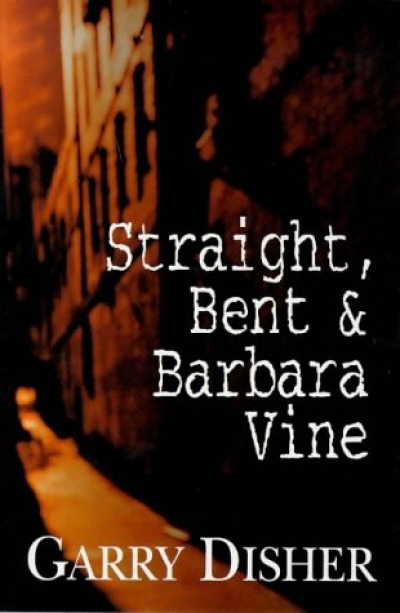Fiction
Vanity Fierce by Graeme Aitken & Gay Resort Murder Shock by Phillip Scott
by Dean Kiley •
Rise & Shine by David Legge & I Know That by Candida Baker, illustrated by Alison Kubbos
by Nicola Robinson •
Straight, Bent and Barbara Vine by Garry Disher & Raisins and Almonds by Kerry Greenwood
by Stuart Coupe •
One of the principal characters in much of Thea Astley’s writing is Queensland. ‘An intransigent fecundity dominated two shacks which were cringing beneath banana clumps, passion-vines, granadillas.’ There’s a lot of sad poetry about the place; and the distances that separate us, I mean the physical distances, are like verse-breaks in a ballad; and once, once we believed the ballad might never end but go on accumulating its chapters of epic while the refrain, the almost unwordable quality that mortises us together, retained its singular soul. How express the tears of search?
... (read more)














